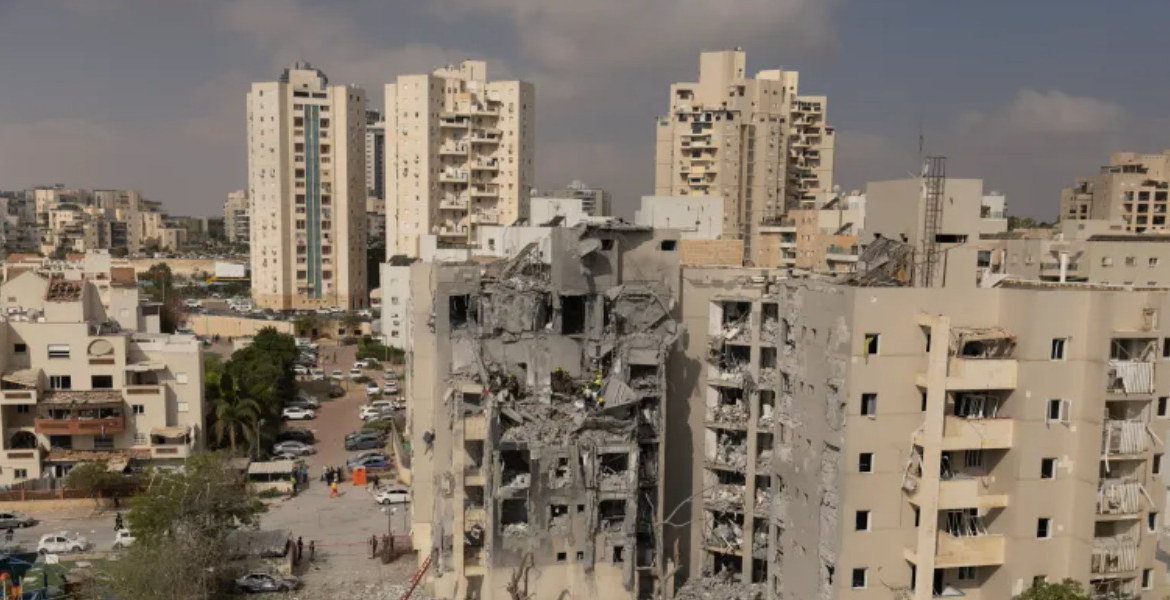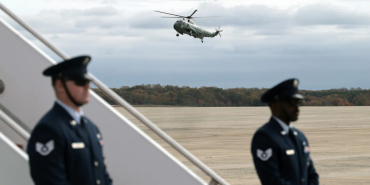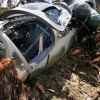Israel–Iran Ceasefire on the Brink After Fresh Strikes and Conflicting Claims

A fragile ceasefire between Israel and Iran, brokered by former US President Donald Trump and Qatar, is in danger of collapsing as both nations trade accusations of truce violations and engage in renewed retaliatory strikes.
The agreement, announced late on Monday, aimed to halt escalating tensions, but has been marred by mistrust and conflicting narratives from the outset. Trump announced the ceasefire on Monday, outlining a detailed timeline through his Truth Social platform. According to the proposed schedule, Iran was to initiate the truce at 04:00 GMT on Tuesday, followed by Israel twelve hours later. Despite this, the Israel Defence Forces (IDF) reported incoming missile attacks from Iranian territory on Tuesday, even before Israel's ceasefire window was to begin.
This prompted Israeli Defence Minister Israel Katz to authorise retaliatory strikes on Tehran, calling the alleged aggression a "complete violation" of the ceasefire terms.
In contrast, Iran vehemently denies these allegations. Major General Abdolrahim Mousavi, Chief of the General Staff of Iran's Armed Forces, maintains that no offensive strikes were launched after the ceasefire declaration. Iran's Supreme National Security Council further warned that any additional Israeli attacks would be met with a decisive, firm, and timely response.
The conflicting accounts underscore the deep-seated mistrust hindering any prospect of sustained de-escalation. Iranian state media assert that the last volley of missiles occurred before the ceasefire took effect, while Israeli officials present a different timeline to justify their countermeasures.
Attack on Al Udeid Air Base in Qatar
Adding another layer of complexity, the Al Udeid Air Base in Doha, Qatar, was targeted by a barrage of Iranian missiles on Monday night. This air base hosts the largest American military presence in the Middle East. The Islamic Revolutionary Guard Corps (IRGC) claimed responsibility for the strike, citing Article 51 of the UN Charter and arguing it was an act of self-defence following reported US bombardments on Iranian nuclear facilities the previous weekend.
Tehran insists its retaliation was directed solely at American assets and not at Qatar. Nevertheless, Qatari Prime Minister Sheikh Mohammed bin Abdulrahman Al Thani condemned the attack as "unacceptable," particularly given Qatar's active diplomatic efforts to de-escalate regional tensions. Describing the strike as a betrayal from a "neighbourly" country, the Prime Minister noted the attack occurred despite Qatar's diligent attempts to mediate a peaceful resolution.
Although Qatar reported no casualties, it confirmed intercepting 18 out of the 19 missiles aimed at the base. The Qatari Ministry of Foreign Affairs has since summoned Iran's ambassador in protest, signalling a deepening diplomatic rift.
Political Fallout in Israel
The ceasefire agreement has sparked significant political debate within Israel. Prime Minister Benjamin Netanyahu has defended the decision to accept the American-brokered deal, asserting that Israel has achieved all objectives in its campaign against Iran, particularly in eliminating nuclear and ballistic missile threats. His office released a statement saying, "In light of the achievement of the operation's objectives, and full coordination with President Trump, Israel has agreed to the president's proposal for a bilateral ceasefire."
However, these claims are being challenged. Tel Aviv-based political analyst Ori Goldberg questions the coherence of Israel's stated military goals. Speaking to Al Jazeera, Goldberg commented, "It is really unclear, to say the least, what Israel's goals were. Over the past week, we heard Israel talk about everything from the decapitation of the nuclear programme to regime change." He suggests that Netanyahu's acceptance of the ceasefire is likely due to pressure from Washington and the impact of Iranian retaliatory strikes, rather than a strategic triumph.
The Human Cost
The human cost of the conflict is evident in Beersheba, southern Israel, where emergency services have confirmed four fatalities and more than 20 injuries following a recent round of Iranian missile strikes that occurred before the truce. Concurrently, Iranian state media reports intense air defence engagements over Tehran, with residents reporting some of the loudest explosions since hostilities began on 13 June.
The IDF asserts it has targeted and destroyed Iranian missile launchers in western Iran, identifying them as an imminent threat. In a separate claim, Tehran alleges the killing of another nuclear scientist before the ceasefire's implementation, further complicating the timeline of events. This sequence of events highlights the fragile nature of diplomatic efforts in a region marked by deep-seated animosity, strategic ambiguity, and complex proxy entanglements.








Add new comment